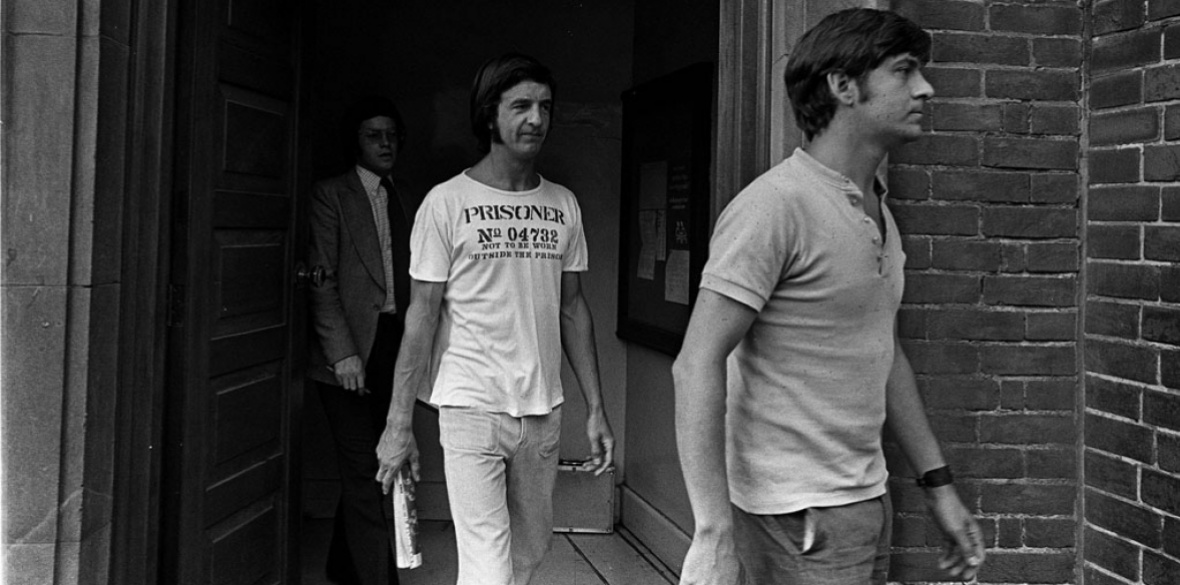This is the last article you can read this month
You can read more article this month
You can read more articles this month
Sorry your limit is up for this month
Reset on:
Please help support the Morning Star by subscribing here
THE Uruguayan literary giant of the Latin American left, the late Eduardo Galeano, once said: “History never really says goodbye. History says see you later.”
Galeano’s maxim seems particularly apposite in terms of local government cuts today. Demands are growing for Labour local authorities to rediscover municipal socialism to resist the relentless Tory cuts that have continued every year since 2010.
The New Labour era reduced councils to mere delivery arms of central government. Local authorities became obsessed with a tick-box culture that resulted from the plethora of indicators dreamed up by Whitehall whiz kids. Then an army of dubious inspection regimes was used to beat local authorities into submission.
New Labour failed to build any resilience into local government, so, when the Tory-Lib Dem coalition came to power, it was able wreak havoc immediately.
They set about the most destructive local government cuts programme in history. The initial cuts blitzkrieg announced by George Osborne in his emergency Budget just after the election has been followed up by an unremitting bombardment of cuts ever since, with no end in sight.
Many local authorities are now struggling to maintain statutory services, let alone other activities that make a huge difference to the quality of life in local communities such as youth work, welfare rights advice and leisure services etc.
It’s a far cry from the days when councils ran most local services, including hospitals as well as energy and water utilities.
But a municipalisation programme under the next Labour government could mark a new dawn for localism and provide the ideal circumstances for municipal socialism to thrive.
Labour local authorities do not need to wait for a Labour government. Councillors should begin building the foundations right now, starting with the mobilisation of local communities against the cuts being handed down from Westminster.
They can draw inspiration from what many Labour authorities did in the 1980s to resist the pernicious agenda of Thatcher’s Tories.
For example, Lambeth organised the first ever protest against the Thatcher government in November 1979 — a march from Brixton to Parliament.
The battles between central and local government gathered pace in the 1980s. The GLC under Ken Livingstone mounted a hugely effective campaign against its abolition.
Although that campaign was ultimately unsuccessful, where it did triumph was in raising public consciousness and support for progressive municipal socialism.
Similarly, in Liverpool during the same period, Labour under Derek Hatton generated huge support for their resistance to Tory cuts.
It was an era that saw these Labour authorities taking the fight against rate capping to the Tories, with some pushing it to such an extent that some councillors were surcharged. They were fighting for local government autonomy against the centralisation of British politics in Westminster.
In the previous decade Labour councillors in Clay Cross in Derbyshire refused to implement the provisions of the Housing Finance Act that required councils to increase rents for council tenants.
The councillors were surcharged and banned from holding public office, but it wasn’t just a refusal to Tory demands to raise rents.
They implemented policies well ahead of their time. This included providing free TV licences for pensioners and free milk for kids, even though the notorious education secretary Margaret “Milk Snatcher” Thatcher had removed the government subsidy to help fund tax cuts.
Labour local authorities like Preston are using their procurement power today to buy from locally owned and staffed businesses. This helps to sustain and develop local economies by ensuring that local public spending remains in the area rather than being siphoned off into the pockets of faceless corporations.
They also encourage other local “anchor institutions” such as hospitals, football clubs, colleges and universities to do likewise.
But something that could enable Labour councils to really seize back the initiative, without suffering the penalties imposed on those inspirational Clay Cross councillors in 1972, is to implement a progressive council tax scheme.
Ironically, this has been made possible thanks to the arch-Thatcherite Eric Pickles when he was communities secretary. He piloted the 2012 Local Government Finance Act through the House of Commons, which allows councils to offer differential council tax discounts.
Consequently, councils can use this legislation to stop the Tory cuts and even generate sufficient income to deliver some modest growth in public service provision.
It has the benefit of allowing councils to require those with the broadest shoulders to carry the burden, while freezing or even reducing council tax for 85 to 90 per cent of the households in the local area.
In other words, only increasing council tax by a substantial amount for wealthier households living in properties in the higher council tax bands.
It has the added benefit of only being implemented if local people vote for it in a local referendum, necessitated by the 2011 Localism Act.
The choice for the vast majority would be paying more council tax and seeing services cut, or freeze/reduce council tax and have services improved. I think such a referendum would be easily won.
So, Galeano’s history maxim is due another outing in local government. It just requires Labour councillors to step up to the mark.
Pickles’s 2012 Local Government Finance Act has given them the tools. They just need to use them to start reversing, instead of simply managing, austerity.
Chris Williamson is Labour MP for Derby North.










